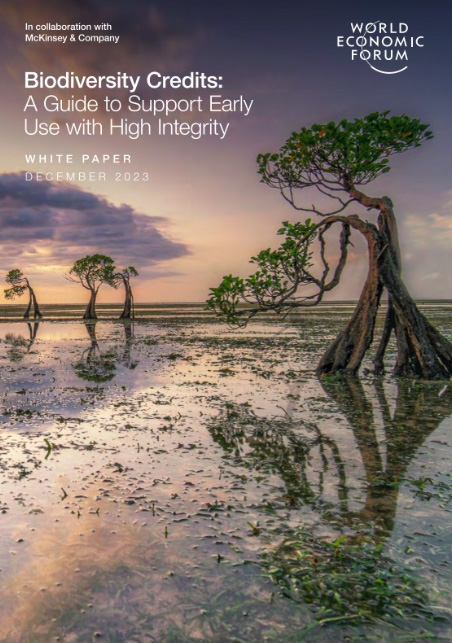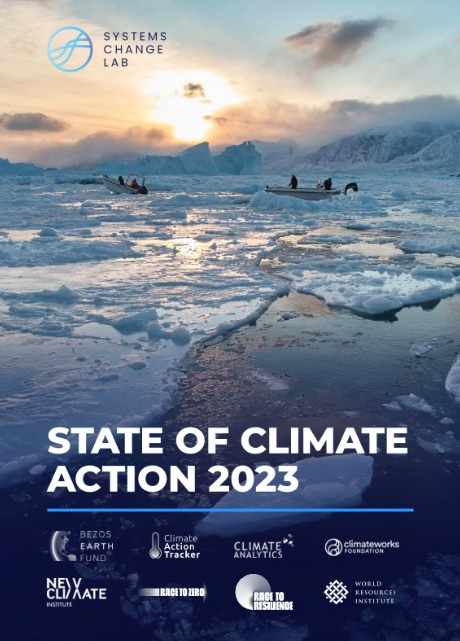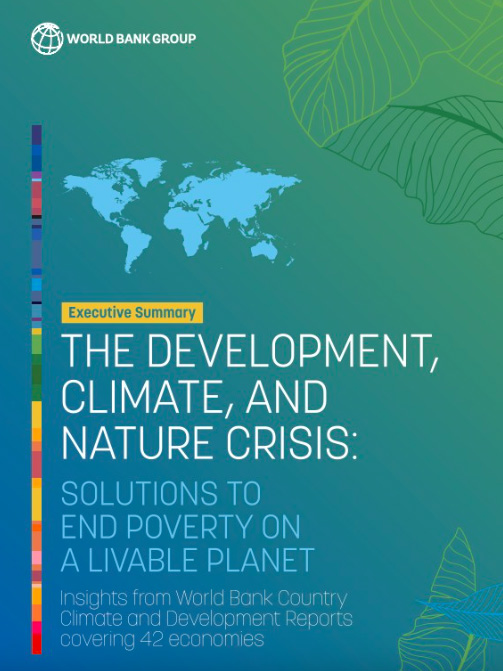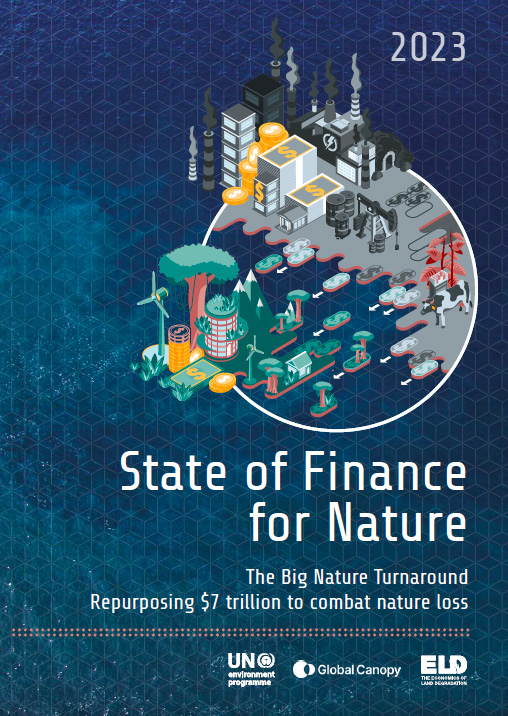RESOURCE HUB : NATURE & CLIMATE ACTION REPORTS

Welcome to the Reports page of PLANET 2030, your gateway to valuable insights and resources on the challenges of climate change and ecosystem restoration. Here, we curate a collection of reports published by esteemed partners of the UN Decade on Ecosystem Restoration, such as UNEP, UNESCO, the World Bank, and more, all contributing to the global effort to address the climate crisis and restore our planet’s ecosystems.
These reports offer in-depth analysis, case studies, and recommendations aimed at empowering businesses to understand and navigate the complex landscape of environmental sustainability. Whether you’re seeking guidance on reducing your carbon footprint, investing in nature-based solutions, or actively participating in ecosystem restoration efforts, these resources provide essential knowledge and strategies to help you make a meaningful impact.
Explore our selection of reports to gain valuable insights, inspire action, and join us in building a more resilient and sustainable future for generations to come. Together, we can make a difference in the fight against climate change and contribute to the restoration and preservation of our precious natural world.
Just Transition Finance - Pathways for banking and insurance
Promoting a just transition is essential to achieve broad-based support for ambitious climate action. In this collective effort, financial institutions play a major enabling role. This publication highlights crucial elements, emerging practices and examples of the banking and underwriting activities in promoting a just transition and serves as a guide for banks and insurance companies.
Biodiversity Credits:
A Guide to Support Early Use with High Integrity
Biodiversity credits could benefit nature, people and business. When strongly assured for high environmental and social integrity, credits can generate benefits for nature and Indigenous peoples and local communities (IPs and LCs), while simultaneously enabling private sector value creation. High-integrity biodiversity credits could create value for businesses by reducing exposure to physical nature risks, supporting positive nature outcomes aligned with consumer preferences, keeping pace with regulatory changes, supporting a robust social licence to operate, reducing reputational risks, securing access to competitive finance, supporting talent acquisition, and increasing employee motivation and retention.
State of Climate Action 2023
The State of Climate Action 2023 provides the world’s most comprehensive roadmap of how to close the gap in climate action across sectors to limit global warming to 1.5°C. It finds that recent progress toward 1.5°C-aligned targets isn’t happening at the pace and scale necessary and highlights where action must urgently accelerate this decade to reduce greenhouse gas emissions, scale up carbon removal and increase climate finance.
The Effect of Multinational Enterprises on Climate Change
Multinational enterprises (MNEs) provide both a fundamental risk to and an opportunity for climate change mitigation. The climate ambitions of MNEs will affect the environmental performance of countries around the world. The objective of this report is to study the effect of MNEs on climate change. Toward this goal, the report reviews the latest available data, conducts new empirical analysis, and summarizes pioneering literature.
The Development, Climate, and Nature Crisis
There are increasingly clear opportunities to achieve development and climate double wins and there is a better understanding of the challenges that can turn these opportunities into trade-offs. That’s what the World Bank’s Country Climate and Development Reports (CCDRs) intend to capture: identifying opportunities for each country and priorities for investments and reforms.
State of finance for nature
Close to $7 trillion is invested globally each year in activities that have a direct negative impact on nature from both public and private sector sources – equivalent to roughly 7 per cent of global Gross Domestic Product (GDP) – according to the latest State of Finance for Nature report released today at COP28 by the UN Environment Programme (UNEP) and partners.








